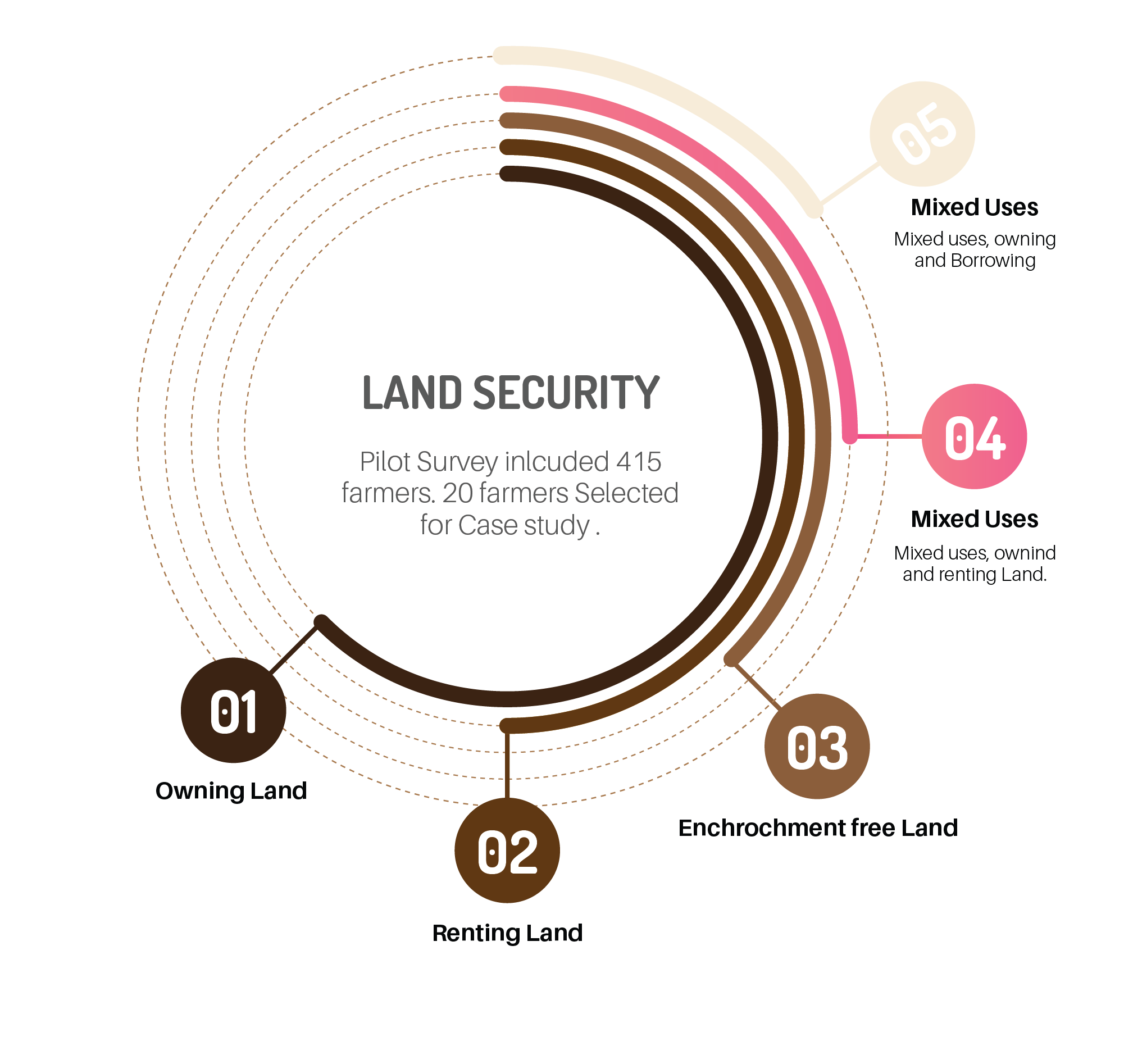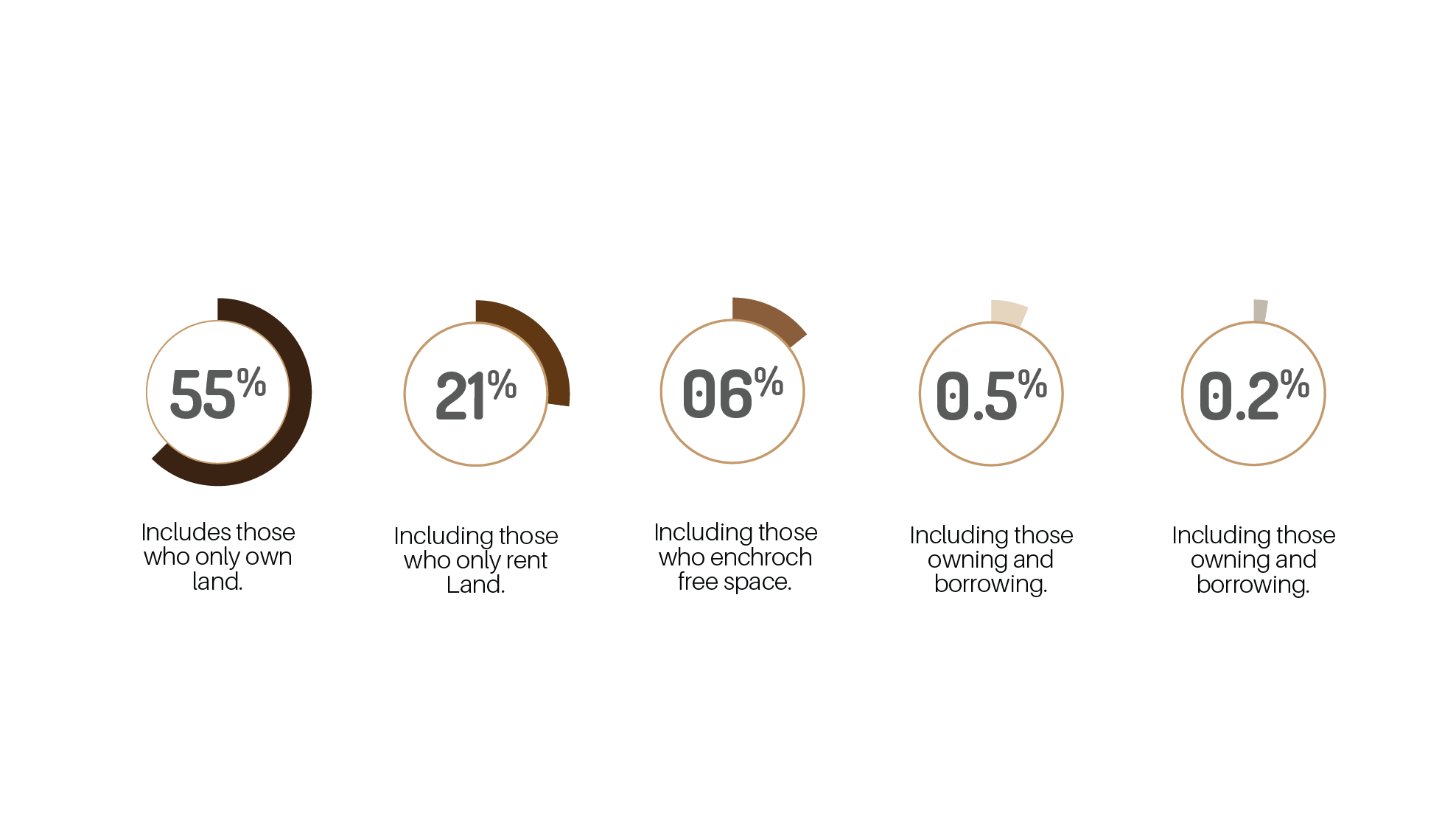Land Tenure Security in Dar es Salaam and Morogoro
By Betty Mntambo, Ombeni Swai, Mariam Genes
Farmers in Dar es Salaam and Morogoro are engaged in various kinds of agricultural practices, ranging from vegetable cultivation to livestock rearing. They have several ways to access land, including renting, borrowing, owning, and encroaching.
The majority of farmers are livestock keepers. Most of them use their backyards for such activities. Vegetable growers also use the spaces in their homes as well as open spaces for similar purposes.

The allocation of Dar es Salaam and Morogoro.
Source: Nabil Abdallah
In order to gain this understanding, 20 farmers were chosen for the case study exercise in both Morogoro and Dar es Salaam. They were selected from the 415 respondents of the pilot survey.
Only 0.2 per cent of Morogoro residents own and borrow land, while 0.5 per cent own and rent land. It was also noted that 6 per cent of the interviewed farmers had acquired land by encroaching on the available open spaces.

Source: Nabil Abdallah

Source: Nabil Abdallah
The lack of designated agricultural land has caused uncertainty about land tenure for many farmers, which impacts their productivity and crop selection. Farmers who were renting land stated that they were uncomfortable growing crops that take a long time to mature because they were still determining when the owners would want their land back. Due to this, they are compelled to grow vegetables that take a short time to mature.
Similarly, because farming activities are typically done in backyards, productivity for farmers who own the land ranges from small to medium scale. Given the benefits of urban and peri-urban agriculture to farmers, communities, and the country as a whole, these findings highlight the need for urban and peri-urban agriculture-friendly policy interventions, such as agricultural land zoning in growing cities.

from left-clockwise: rented Vegetable farms in the undesignated agricultural lands in Dar es Salaam and Morogoro
Source: Grace Mpinda